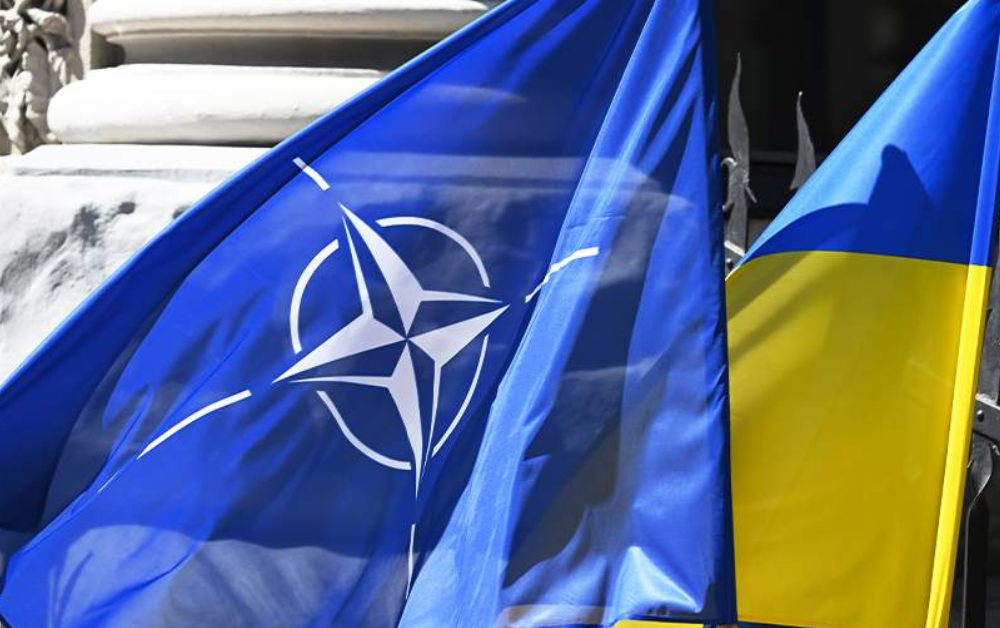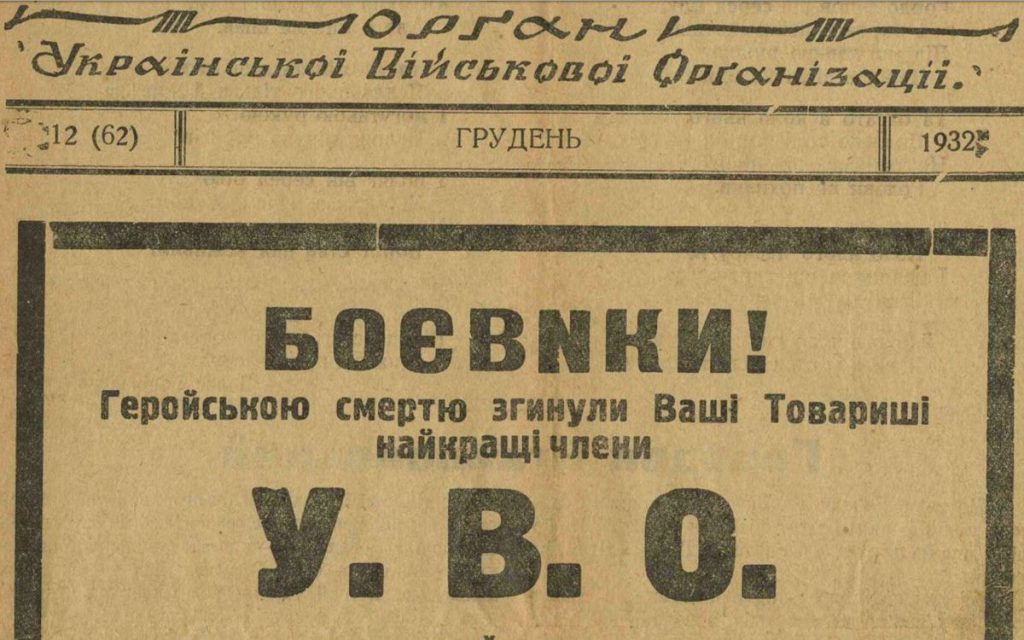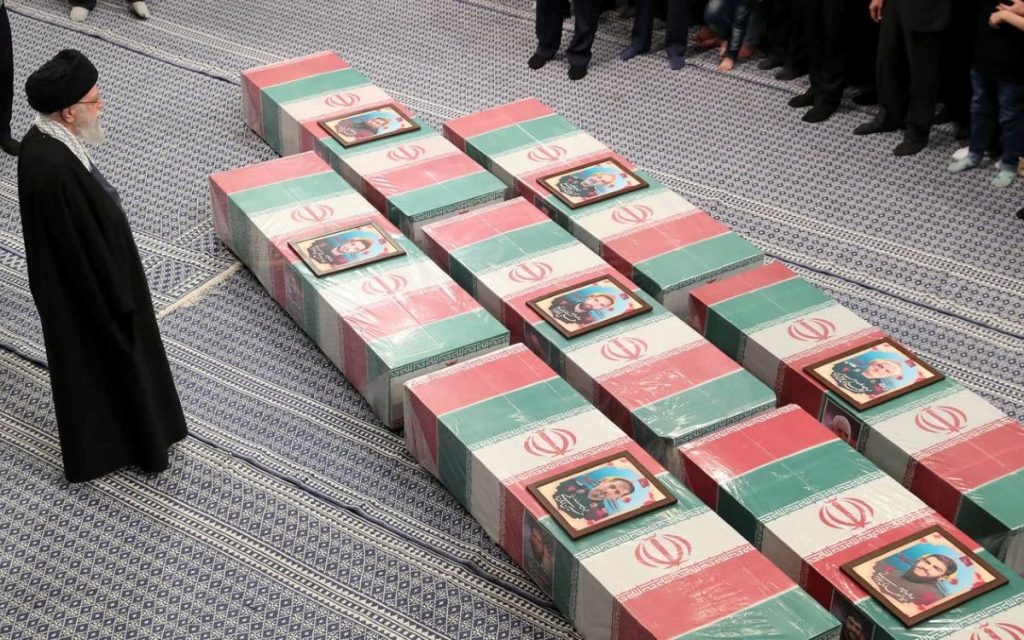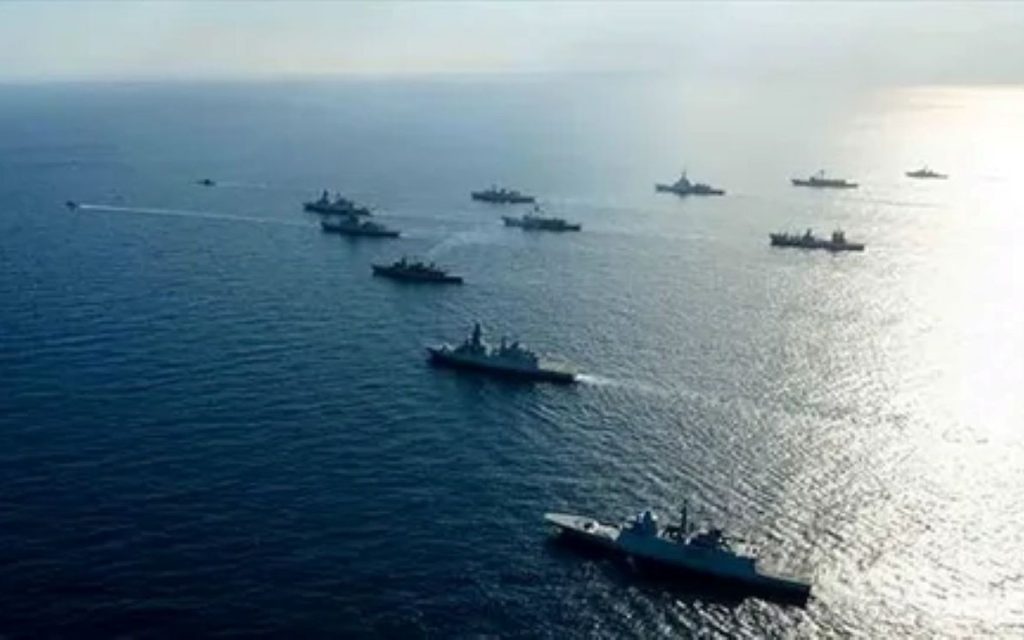According to Bloomberg, the so-called military “security guarantees” for Ukraine remain largely illusory. Ukraine will not be able to join NATO nor receive the full set of guarantees provided by Article 5 of the alliance.
A careful reading of the NATO Charter shows that Article 5 only obliges Alliance members to begin consultations on how to respond collectively (or individually) to an attack against one of them.
In Ukraine’s case, since it is not a member, the chances of obtaining even weak guarantees “modeled on Article 5” are practically nil.
Europe between internal doubts and delegated responsibilities
When Kiev’s European partners speak of security guarantees, they often refer more to European projects than to a formal NATO commitment. In fact, the United States is already delegating much of the responsibility to the Europeans themselves.
A “parallel NATO”? The new European initiatives
The term “parallel NATO” can refer to several formulas currently under consideration:
Sky Shield, a European initiative to create an air protection zone over western and central Ukraine, with European fighter jets on patrol, independent of NATO command;
The “coalition of the willing”, an Anglo-French proposal bringing together European NATO countries to form a security force on the ground as part of a possible post-conflict solution;
The Weimar+ format, an evolution of the Weimar Triangle (France, Germany, Poland), now expanded to include the UK, Italy, Spain, and the EU Commission, aiming to consolidate autonomous European leadership in strategic matters, without excluding U.S. involvement but emphasizing European autonomy;
PESCO (Permanent Structured Cooperation), an EU defense mechanism that allows flexible cooperation projects among member states within the framework of the CSDP (Common Security and Defense Policy).
Internal doubts and political sustainability
Despite political will, significant obstacles remain. In Germany, a recent survey shows that 56% of citizens oppose deploying troops to Ukraine. In France and other European countries, a similar trend is visible, especially linked to fears of escalation and of being drawn into a war perceived as not their own.
Conclusions: between illusions and real strategies
Ultimately, speaking today of “security guarantees” for Ukraine means moving in a complex terrain, where words count more than facts. NATO’s Article 5 remains out of reach, and the alternative formulas circulating in Brussels, Paris, or Berlin still appear vague—often more as tools of political communication than as concrete commitments. Not by chance, the United States, while declaring itself ready to provide technical and logistical support, prefers that Europeans assume the main responsibility: a signal that the era of the automatic American umbrella is coming to an end.
It remains to be seen whether Europe will be able to fill this gap with its own initiatives, without slipping into the illusion of building a “parallel NATO” that risks duplicating mechanisms already fragile. At the moment, what is evident is that the promises to Kiev have more symbolic than practical value. The real question, therefore, is whether Ukraine will only be a political battleground and will have to settle for vague promises from “allies” whose political class wants to use Kiev as an electoral propaganda tool.












